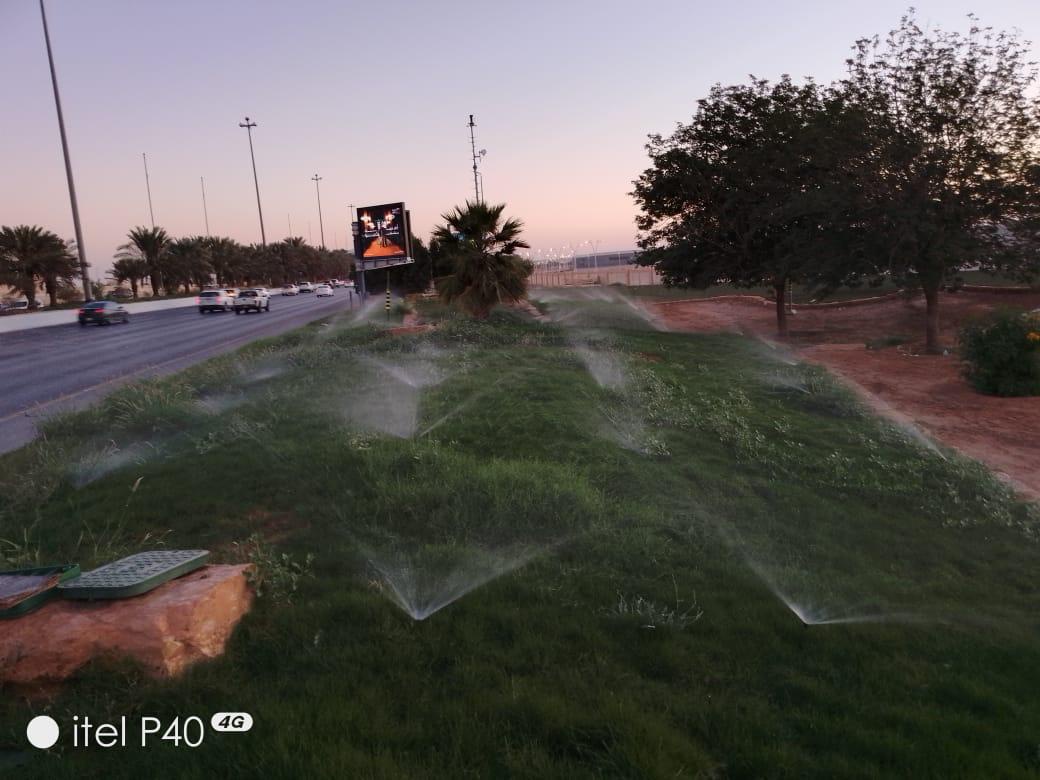Introduction:
Saudi Arabia, characterized by its arid climate and limited freshwater resources, has faced significant challenges in sustaining agricultural practices. In recent years, however, the kingdom has been at the forefront of implementing cutting-edge irrigation systems to transform its agricultural landscape. This article explores the pivotal role of advanced irrigation systems in Saudi Arabia, highlighting their impact on water conservation, agricultural productivity, and sustainable development.
1.Water Scarcity Challenges in Saudi Arabia:
Saudi Arabia is predominantly a desert country with limited freshwater sources. The traditional methods of irrigation, relying heavily on groundwater, were unsustainable, leading to depletion of aquifers. The need for innovative solutions became evident to address the growing demand for food production while preserving precious water resources.
2.Adoption of Drip Irrigation Technology:
One of the most significant advancements in irrigation systems in Saudi Arabia is the widespread adoption of drip irrigation technology. This method delivers water directly to the plant roots, minimizing water wastage and optimizing efficiency. Drip irrigation has proven particularly effective in cultivating crops like dates, wheat, and vegetables in the arid conditions of the kingdom.
3.Precision Agriculture and Smart Irrigation:
Saudi Arabia has embraced precision agriculture, incorporating sensors, drones, and advanced data analytics to optimize irrigation practices. Smart irrigation systems allow farmers to monitor soil moisture levels, weather conditions, and crop requirements in real-time. This data-driven approach enhances resource utilization, reduces water consumption, and increases overall crop yields.
4.Utilizing Treated Wastewater for Irrigation:
To overcome the scarcity of freshwater, Saudi Arabia has invested in treating wastewater for agricultural use. Treated wastewater, when integrated into irrigation systems, provides a sustainable alternative to conventional water sources. This approach aligns with the kingdom's commitment to environmental sustainability and circular economy principles.
5.Government Initiatives and Investment:
The Saudi government has played a crucial role in promoting the adoption of advanced irrigation systems. Subsidies and financial incentives have encouraged farmers to invest in modern technologies, making them more accessible. Research and development initiatives have also been launched to continuously improve irrigation methods tailored to the kingdom's unique agricultural challenges.
6.Challenges and Future Prospects:
Despite the strides made in adopting advanced irrigation systems, challenges persist, such as the high upfront costs of technology and the need for continuous farmer education. Future prospects include ongoing research into more water-efficient crops, the integration of renewable energy sources into irrigation systems, and the development of innovative water storage solutions.
Conclusion:
The implementation of advanced irrigation systems in Saudi Arabia marks a transformative phase in the country's agriculture sector. By harnessing technology and adopting sustainable practices, the kingdom is not only addressing water scarcity challenges but also paving the way for a more resilient and productive agricultural future. As Saudi Arabia continues to lead the way in sustainable agriculture, the lessons learned and innovations developed can serve as a model for other arid regions facing similar challenges.


No comments yet